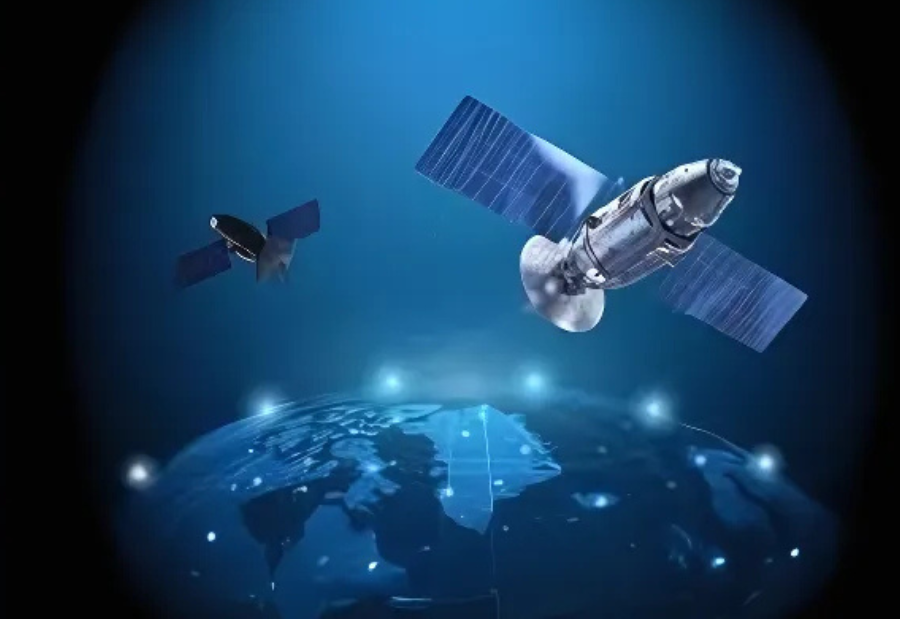India’s space sector is witnessing rapid growth, emerging as the second-largest ecosystem for private space startups in the world. With 172 active companies focused on satellite launches and space surveillance, India now follows only the United States, which has 825 such firms, according to a recent report.
This growth began in 2020 when the Indian government allowed private players into the space industry. Since then, several companies like PierSight and EtherealX have been founded by former ISRO scientists, who bring years of experience into this booming sector.
One such example is PierSight, launched in 2023, which successfully deployed a maritime surveillance satellite within just nine months. Experts say this burst of innovation was made possible by the solid technological base laid by ISRO over the years.
Bengaluru has become the heart of this new space economy. With institutions like ISRO and the Indian Institute of Science based there, around 75% of the 20,000 professionals in India’s space workforce are engineers. The city has also benefited from incubation programmes and strong investor interest, attracting $240 million in funding since 2023.
The Indian National Space Promotion and Authorization Centre (IN-SPACe) has played a key role by simplifying the process for private firms to enter the industry, making India more competitive globally.
India’s space boom fits well with its strong economic growth, which is estimated at 7-8% annually. The International Monetary Fund has predicted that India may surpass Japan’s nominal GDP in 2025.
With a population of 1.4 billion and a growing pool of skilled talent, India has also overtaken NASA in terms of space workforce size. Companies like EtherealX are building medium-sized rockets and benefiting from the absence of legacy systems that slow down innovation.
Lower launch costs are making space more accessible, helping India compete with global giants like SpaceX. For the Indian economy, this surge in space startups could generate thousands of jobs and contribute up to $100 billion to the GDP by 2033.
The growth of this sector also boosts India’s global image, helping it strengthen ties with democratic allies and offering a counter to the rise of low-cost alternatives from other regions.
Also read: Viksit Workforce for a Viksit Bharat
Do Follow: The Mainstream formerly known as CIO News LinkedIn Account | The Mainstream formerly known as CIO News Facebook | The Mainstream formerly known as CIO News Youtube | The Mainstream formerly known as CIO News Twitter |The Mainstream formerly known as CIO News Whatsapp Channel | The Mainstream formerly known as CIO News Instagram
About us:
The Mainstream formerly known as CIO News is a premier platform dedicated to delivering latest news, updates, and insights from the tech industry. With its strong foundation of intellectual property and thought leadership, the platform is well-positioned to stay ahead of the curve and lead conversations about how technology shapes our world. From its early days as CIO News to its rebranding as The Mainstream on November 28, 2024, it has been expanding its global reach, targeting key markets in the Middle East & Africa, ASEAN, the USA, and the UK. The Mainstream is a vision to put technology at the center of every conversation, inspiring professionals and organizations to embrace the future of tech.




